By Jeroen Benschop, primary Dutch Teacher
The Dutch team at ISU strives to make learning fun and interactive. That is why we introduce meaningful materials, like playdough, Lego blocks and digital books and fun activities like colouring, and roleplay to create multiple opportunities to use and learn a language. Colouring, for example, becomes a language-rich experience when we talk about our drawings. Roleplay, where we act out different scenarios, allows our students to practise the Dutch language in real-life situations. This way they not only gain cultural awareness, they also enhance their communication skills.
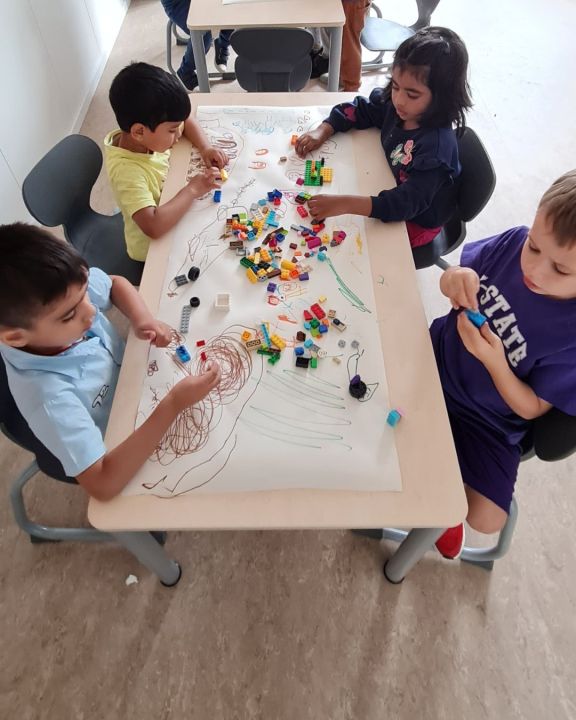
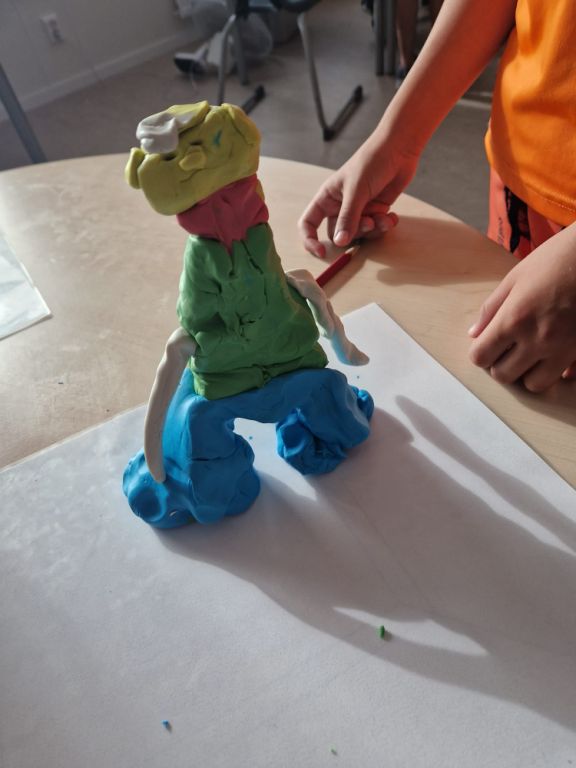
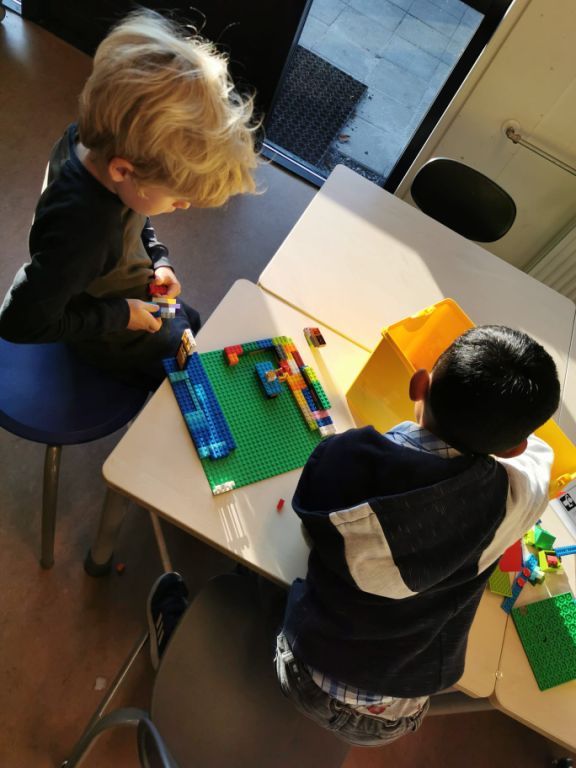
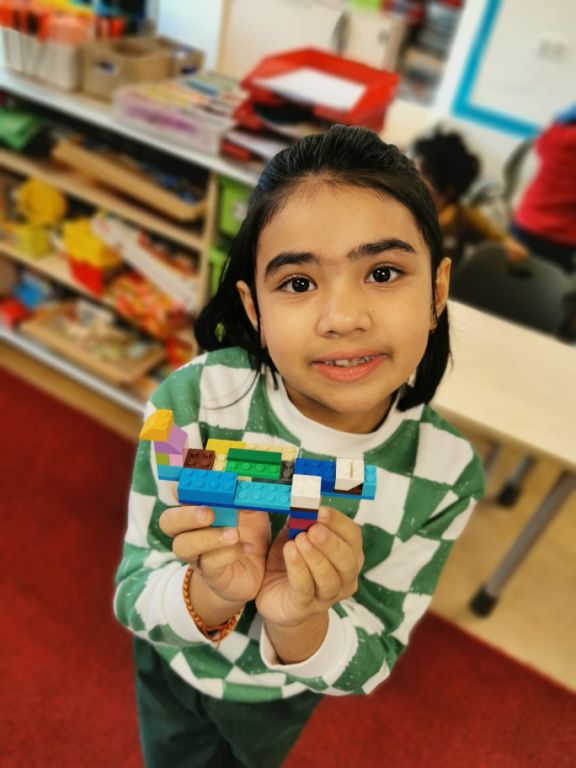
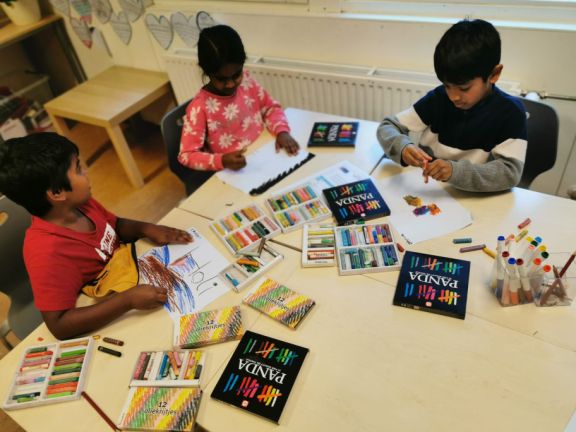
Developing reading skills with playdough
Next we will be diving into reading skills. Although expressing thoughts on paper using words and sentences remains challenging for our KG learners, they will demonstrate their understanding of different stories by crafting playdough masterpieces. We will be reading picture books together, and predicting what we think will happen next by making playdough creations.
The Dutch team wants learners to actively participate in meaningful inquiries, rather than just absorbing information. Open-ended activities such as the playdough activity, not only show us our students' comprehension of the story, but also encourage creative expression. This approach aligns with our school's philosophy of nurturing well-rounded individuals who are not only proficient Dutch speakers but also creative thinkers.
Student empowerment
Beyond a focus on language skills, we also find developing independence in our learners really important. That is why we engage in activities which for example require decision-making or applying newly obtained information, for example when asking questions or deciding the direction of a roleplay scenario. We believe the empowerment of our students is essential to create a strong language fundament on which they will build from Grade 1 onwards.
